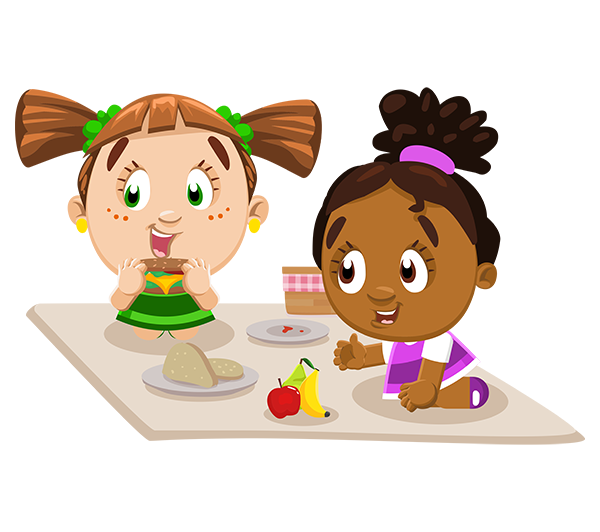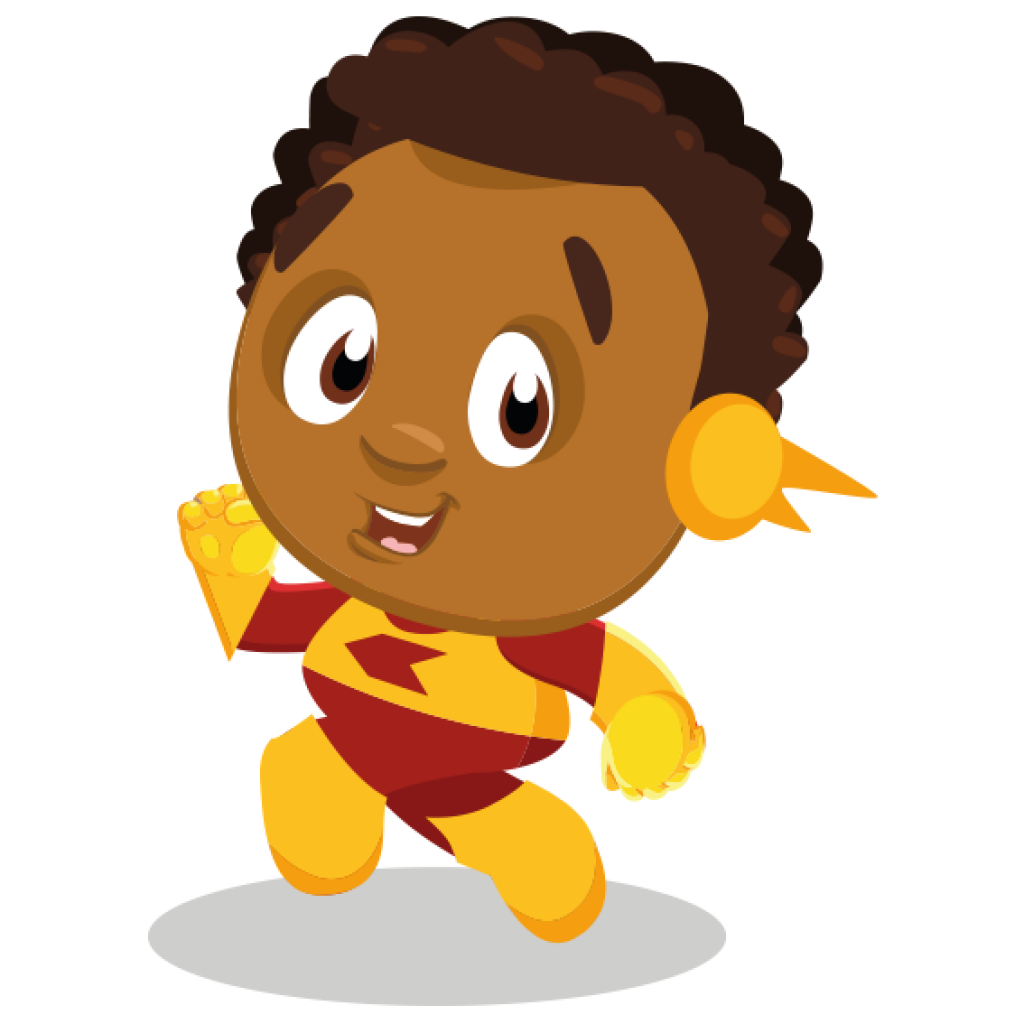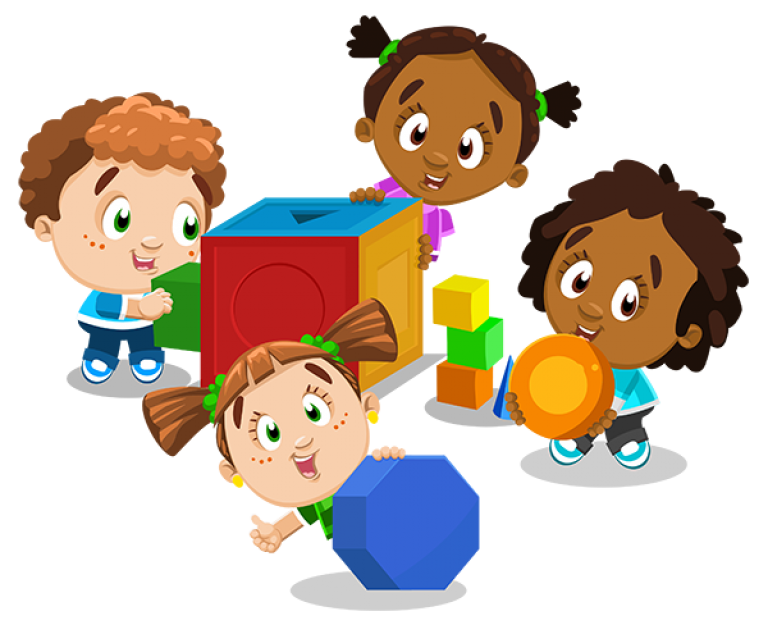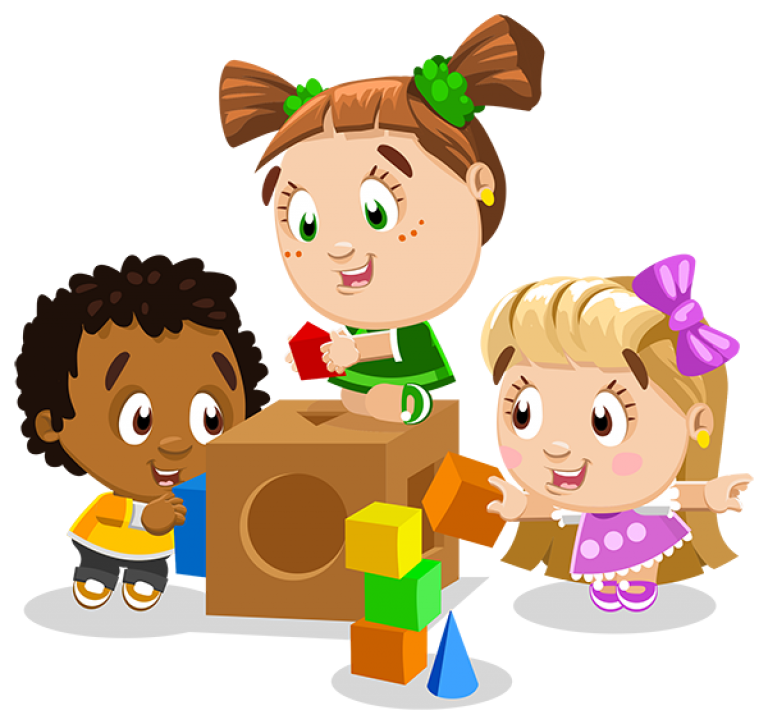How we support your child’s learning and development
The Early Years Foundation Stage (EYFS) is a legal framework which provides a set of requirements that we adhere to as follows:-
- The learning and development requirements shape the activities and experiences we provide for your child.
- The assessment requirements detail how we will monitor and plan for your child’s progress.
- The safeguarding and welfare requirements are steps we follow to ensure your child is kept safe and has their welfare promoted.
Our policies and procedures explain in detail the steps we take to satisfy the requirements of the EYFS in everyday practice. We are inspected and regulated by Ofsted on the quality of our childcare provision against the requirements of the EYFS. Copies of the EYFS or our most recent Ofsted report are available. Alternatively, you can download the EYFS at
www.pre-school.org.uk/whats-new/neweyfs
and our Ofsted report at
How we support your child’s learning and development
There are seven areas of learning and development within the EYFS, which form the basis of the activities we provide for your child, alongside their unique interests, needs and stage of development.
Prime areas of learning and development:
- Personal, social and emotional development.
- Physical development.
- Communication and language
Specific areas of learning and development
- Literacy
- Mathematics
- Understanding the world.
- Expressive arts and design.
These areas are connected, with learning and development in each area contributing towards that of the others. Building confidence in the prime areas of learning and development is particularly important enabling children to progress in the specific areas of learning and development. We plan challenging and enjoyable opportunities to meet each child’s personal learning and development needs.
Personal social and emotional development – involves helping children to develop a positive sense of themselves, and others; to form positive relationships and develop respect for others; to develop social skills and learn how to manage their feelings; to understand appropriate behaviour in groups; and to have confidence in their own abilities.
Physical development – involves providing opportunities for young children to be active and interactive; and to develop their co-ordination, control, and movement. Children must also be helped to understand the importance of physical activity, and to make healthy choices in relation to food.
Communication and Language – development involves giving children opportunities to experience a rich language environment; to develop their confidence and skills in expressing themselves; and to speak and listen in a range of situations.
Literacy development – involves encouraging children to link sounds and letters and to begin to read and write. Children must be given access to a wide range of reading material (books, poems and other written material) to ignite their interest.
Mathematics – involves providing children with opportunities to develop and improve their skills in counting, understanding and using numbers, calculating simple addition and subtraction problems; and to describe shapes, spaces and measures.
Understanding of the world – involves guiding children to make sense of their physical world and their community through opportunities to explore, observe and find out about people, places, technology and the environment.
Expressive arts and design – involves enabling children to explore and play with a wide range of media and materials, as well as providing opportunities and encouragement for sharing their thoughts, ideas and feelings through a variety of activities in art, music, movement, dance, roleplay, and design and technology.



